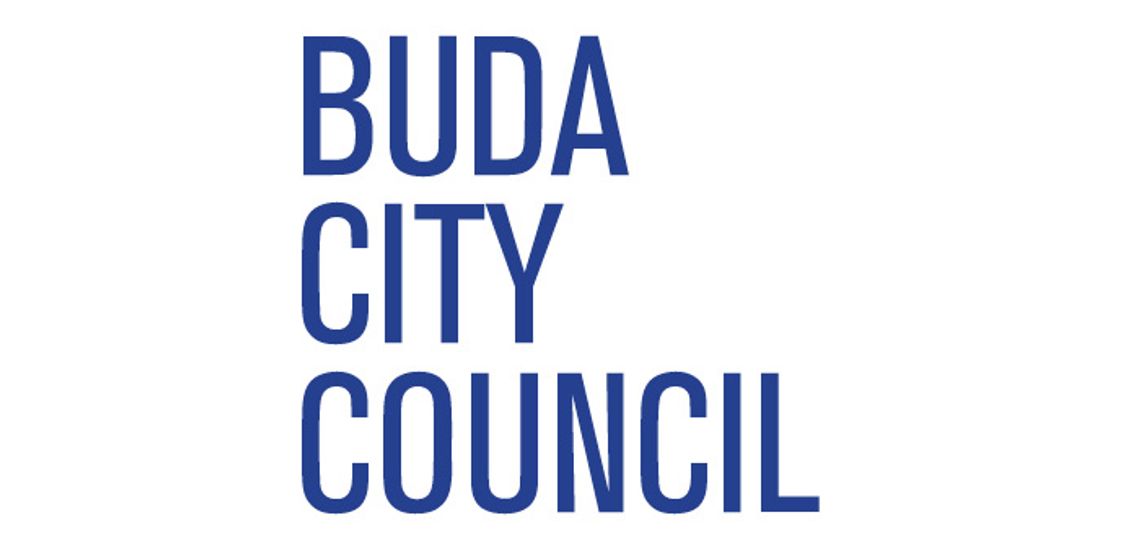Questions over the need for additional street maintenance dollars beyond what’s already budgeted led Buda city leaders to shut down potential fundraising ideas.
One of those options, which received a negative response from several council members, centered on redirecting city sales tax dollars to go toward street repairs.
June Ellis, Buda finance director, said the ideas came to light as the city completes its road impact fee study and is seeking direction from the city council.
PLEASE LOG IN FOR PREMIUM CONTENT. Our website requires visitors to log in to view the best local news.
Not yet a subscriber? Subscribe today!











